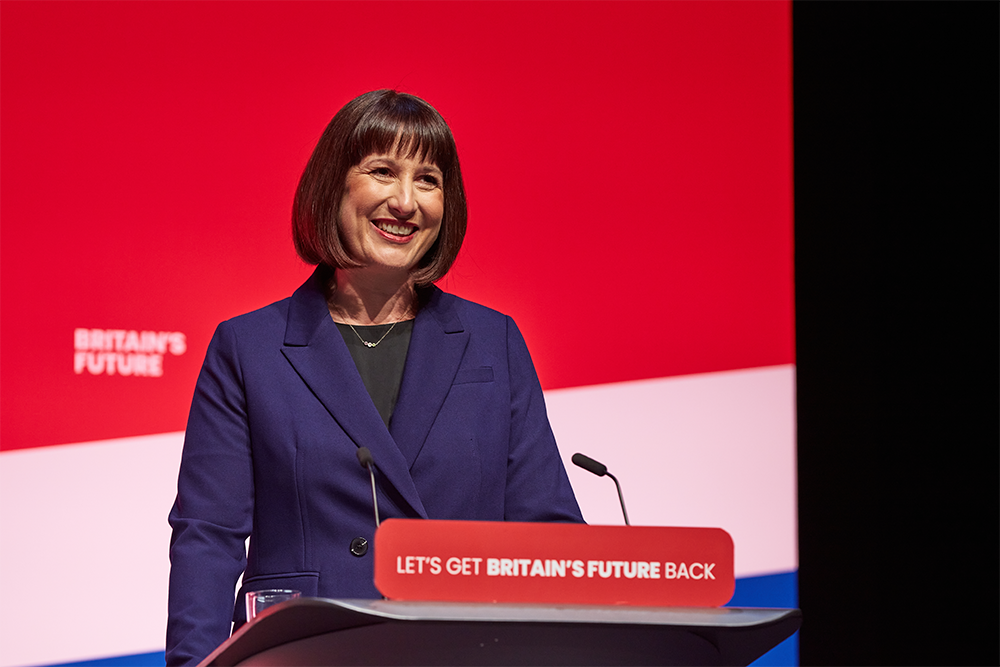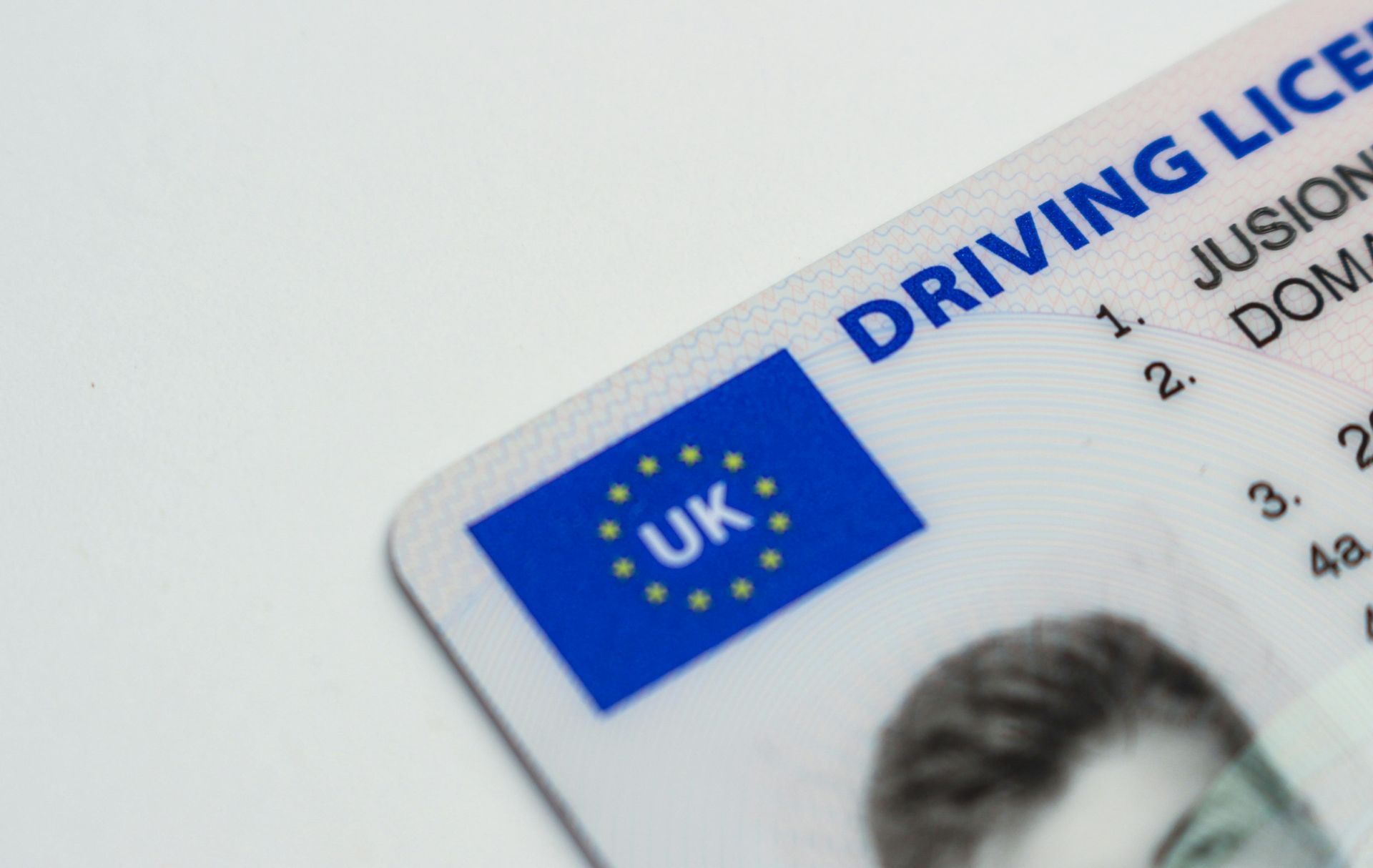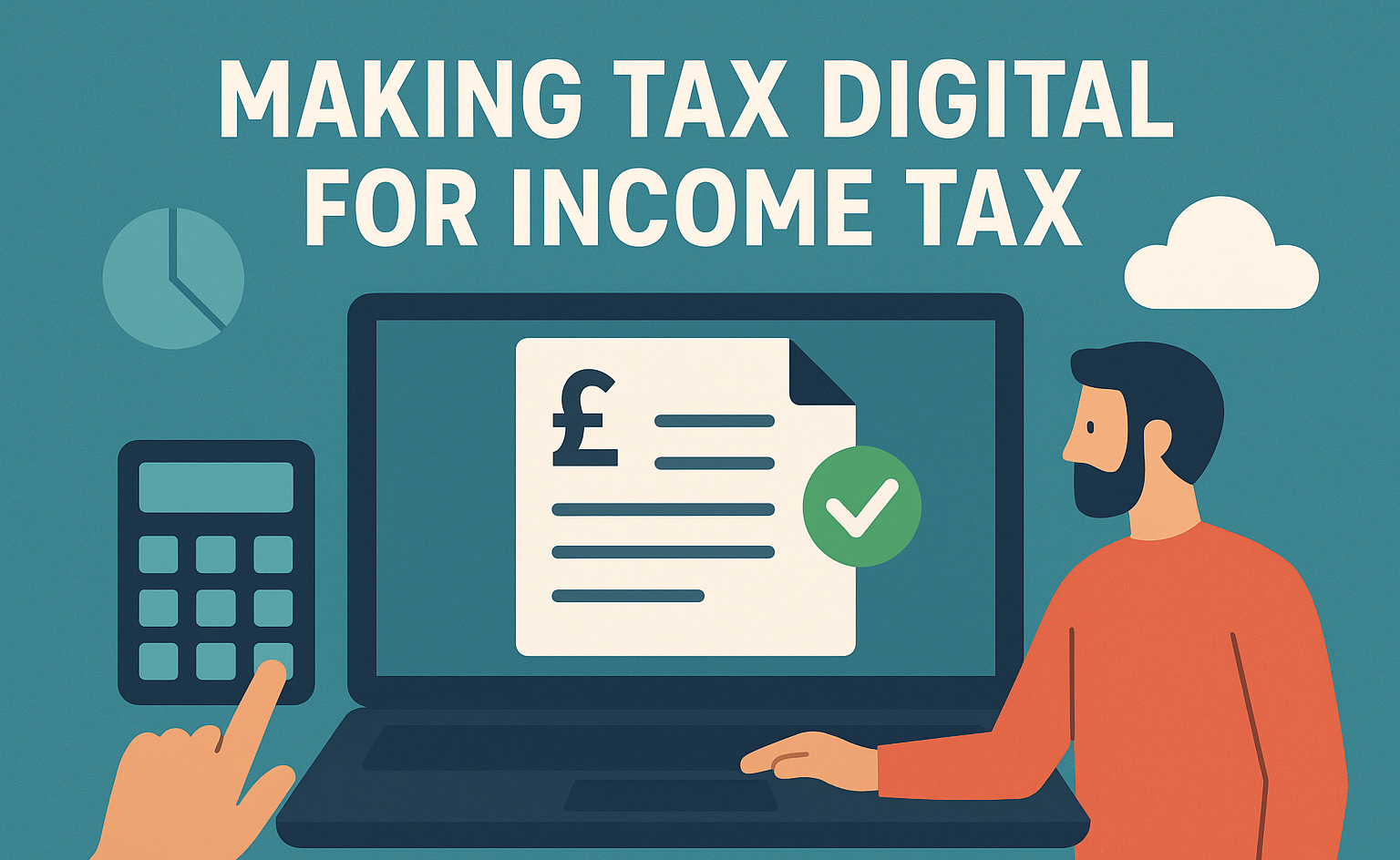What tax measures have the new Government already implemented and what might they do in the next Budget?
So now we know. The polls were correct, and Labour swept into power with the biggest landslide since 1997. With a 172-seat majority in Parliament, Prime Minister Sir Keir Starmer and Chancellor of the Exchequer Rachel Reeves are now free to implement their business and taxation policies as they see fit. In this article, we look at what they’ve done in the month since the election and with the Budget date confirmed as 30 October 2024, 5 changes that could be in the red box on that day.
Changes they have made so far.........
Private schools
Readers of our Election Policies article last month will recall that aside from commitments to not raise certain taxes (more of which below), Labour’s only detailed manifesto tax policy was to remove the VAT and business rates exemptions on private schools. It has now been confirmed that "education services and vocational training supplied by a private school or a 'connected person', for a fee, will be subject to VAT at the standard rate of 20%’ from 1 January 2025". This includes boarding and lodging fees. No VAT will be due for children with special educational needs, but only if their needs cannot be met in a state school. Anti-avoidance provisions are already in place meaning any fees paid in advance after 29 July 2024 for school periods beginning on 1 January 2025 will be subject to VAT. The removal of the business rate exemption will likely start from April 2025, and we expect to hear more on both these changes in the autumn budget
Furnished Holiday Lets
In the Spring 2024 budget, the previous Conservative Government announced that the furnished holiday lets tax regime would be abolished. The new Government has confirmed this policy will remain and from April 2025 properties currently qualifying will lose their generous capital allowance and interest reliefs
Non-domiciles
The Government has announced changes to the previously published proposals for replacing the non-domicile rules made in the Spring 2024 budget. The non-domicile regime now will be abolished from April 2025 and replaced by residence-based rules. This means that the scope of Inheritance Tax will also move from a domicile based to a residence-based test. This is very significant.
Other measures
- Recruitment campaign to bring in 5,000 new HMRC staff.
- Reform of carried interests of investment managers to bring into income rather than capital gains.
5 ways taxes might be raised in the October 2024 Budget.

The Budget date has been confirmed as 30 October 2024
Talking to Emily Maitlis, Jon Sopel and Lewis Goodall on a recent episode of the News Agents podcast, the Chancellor was quoted as saying “I think that we will have to increase taxes in the budget”. She then went on to state there would be no increases in the so-called ‘big three’ of Income Tax, National Insurance and VAT as promised in the Labour manifesto. So, what will she serve up for us on 30 October Budget? Below are 5 possible measures we think could be included to raise Treasury revenues in England:
1. Increase Capital Gains Tax (CGT)
It has been strongly rumoured in the press that the Chancellor will look to increase the rates of CGT and in early August she refused to rule it out. Currently these are 10% and 20% at the basic and higher rates respectively (residential property is at 18% and 24%) and it has been suggested these rates will move in line with Income Tax to 20% and 40%. In conjunction with the shrinking of the CGT Annual Exemption over the last couple of years, this would represent a huge hike. To illustrate this, let’s look at the CGT due for a higher rate taxpayer on a £12k listed stocks & shares gain 2 years ago, today and if CGT rates were increased in this way:
2022/23 - £nil – all covered by the Annual Exemption
2024/25 £1,800
2024/25 at Income Tax rates £3,600
2. Increase Inheritance Tax
Another suggested target for Ms Reeves is Inheritance Tax. The rate of IHT is already at 40%, so it feels more likely that there might be changes to reliefs and possibly restrictions on lifetime transfers. Some potential changes to IHT reliefs might be:
- Restricting the ability for an individual to pass on their pension to beneficiaries free of IHT.
- Abolishing Business Property Relief on qualifying shares listed on the AIM market (currently 100% relief).
- Restricting Agricultural Property Relief on farmland let out (currently 100% relief).
- Restricting the nil rate band amount currently available to set against lifetime transfers (currently the full £325k band is available).
3. Restrict pension relief to 20% by ending higher-rate pension relief
There has been speculation that the current pension tax relief could be replace by a flat rate system – like the restrictions on mortgage interest on residential let properties. Currently an individual in England paying into a private pension can claim additional relief to the 20% claimed by the pension provider by completing a tax return, giving them a further 20% on income taxed at 40% and 25% on income taxed at 45%. A flat rate system would remove this relief and effectively mean that all tax relief on the pension would be dealt with at source by the pension provider. For those currently claiming under this relief, it would mean an effective 20% or 25% tax rise on the highest portion of their income for the total level of pension contributions they make.
4. Reverse HICBC changes in the Spring 2024 Budget
In the Spring 2024 Budget, the previous Conservative Government announced that the bands in which the higher earning parent would have their Child Benefit clawed back would be raised from between £50,000 and £60,000 to between £60,000 and £80,000. This not only increased the threshold for the claw back to start by £10,000 but halved the amount repayable per additional Pound earned. The HMRC Policy Paper published at the time estimated the impact of this change in Treasury income for the current tax year would be -£540m rising to -£660m in 2028/29. Based on this document, reversing this change would save over £3bn over the new Parliamentary term.
5. Increase dividend tax rates
Hang on, you said no increases in Income Tax above! Well, we did, but the narrative of the new Government is not to increase taxes for ‘Working Families’. Dividends, technically investment income, might be just enough removed in Ms Reeves’ eyes to justify a surprise rate increase. Of all the suggested measures in the article, it is both easy to implement and could raise £Billions immediately. Now, the dividend rates are 8.75% at the basic rate, 33.75% at the higher rate and 39.35% at the additional rate. Say these were raised to 10%, 37.5% and 42.5%? A successful business owner paying themselves a £100k tax efficient mix of small salary (below the personal allowance for NI stamp purposes) and dividends would see their tax bill rise by approximately £2,336 per year or 10.4%.
At the moment, the Chancellor remains tight lipped on any changes, and it is entirely possible that none of the above will happen (we are of course speculating!). Interestingly, whilst our 5 suggestions are listed top to bottom in the order we think are most likely, it seems the opposite purely in terms of revenue raising potential.
Check back on our website after we hear from Ms Reeves on 30 October, we’ll post our analysis of the Autumn 2024 Budget and how it will affect you.

Author - Peter Burns - Senior Accountant Manager at England & Company










